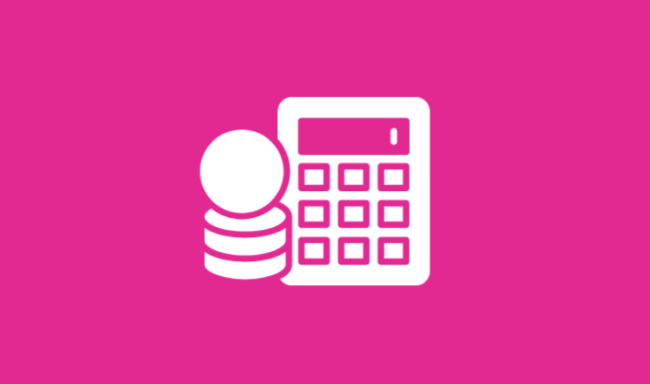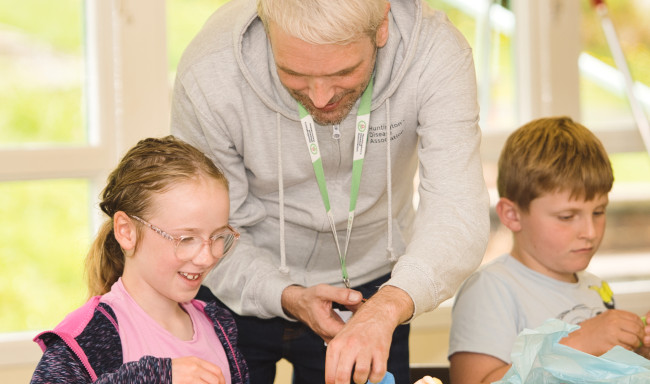Youth Worker Ian shares his advice on genetic testing from a personal experience.
Timing for testing is key. To be told you cannot test before 18 almost strengthens our resolve to say ‘I’ll test immediately on my 18th birthday’, and I was no different in this, but in reality, I hit 18 and just wanted to go out with my mates and prepare for university. Suddenly testing wasn’t quite so urgent for me. - Ian
In light of the recent research news, a comment we have been seeing more frequently is regarding testing. This news, although positive, is several years away from reaching the UK. Once this happens, we cannot be certain that this will be approved for the NHS. That being said, this will be a huge focus in our campaigning to prove why this sort of treatment should be available in the UK.
The reason we wanted to highlight this is that we felt the news may prompt people to test at a time when they were not ready. Testing is a very personal decision and timing plays a key part in this.
Genetic counselling isn’t about preventing the test from taking place, although in certain cases that may be appropriate, but largely it is about ensuring that it is right for the individual to have the test at that time. Why are we doing it? Do we need to right now? Is it safe for us to at this point in our lives?
People might be feeling additional pressure from family members but remember, it isn’t a decision that should be rushed into.
What are your top tips for testing?
Arm yourself with information from your youth worker, Specialist Huntington’s Disease Adviser, or visit www.hda.org.uk. Speak to your genetic counsellor, and don’t rush the process, however tempting it may be to do so.
Whatever your status is, it will be the same in a week, a month, or a year’s time, but the big difference will be ‘knowing’ your status. Once you know, you know.
Things to consider….
WHY do you want to test?
It might sound like an obvious question with a straightforward answer, but often these reasons are complex. Have you just been telling yourself since you found out about your Huntington’s disease risk that you will test asap? Has that thought become a habit? What if you consider not testing? How does life look then? Examine it from all angles. We can convince ourselves that we would rather know than not know, but in reality, there can be power in not knowing.
WHAT will change for YOU by learning your status?
Will you make bold decisions based on your result, e.g. if it’s positive then I will go travelling before I get symptoms, rather than staying in education/work?
HOW do you think you will react to the result, good, bad or grey area?
Do you have a plan for all outcomes? Everyone would like a negative result over a positive one, but do we plan for that eventuality? Often Huntington’s disease doesn’t disappear from your life with a negative result, there may still be family members with symptoms, or others untested. Will survivor's guilt kick in? Will your self-perceived role within the family change based on your result?
WHEN is the best time for YOU to test?
Consider the timing of a test and the impact it will have on your life at that time. You can’t control your status, but you can control when you find out.
WHO can you share this process with?
You might not want, or need to share the process with anyone, but think carefully about the people you do involve in your process. Expect them to have an opinion about the test, but don’t allow them to have an influence over you!
With all these questions, you need to dig deep and be really honest with yourself, as once the result is known, it cannot be unknown. - Ian
Support near you
Our Specialist Advisers and our Youth Workers can help by answering any questions you may have about testing and signpost you to other sources of information and counselling.




